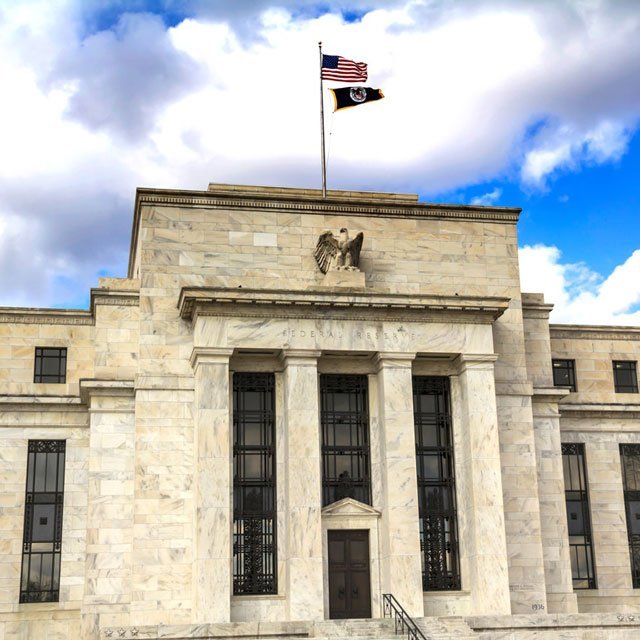Treasury Secretary Worries About Leverage at Life Insurers

“Life insurers continued to invest heavily in corporate bonds, collateralized loan obligations (CLOs), and CRE [commercial real estate] debt, which leaves their capital positions vulnerable to sudden drops in the value of these risky assets,” Fed officials wrote.
“Gradually rising interest rates improve the profitability outlook of life insurers, as their liabilities generally have longer effective durations than their assets, and higher interest rates may reduce life insurers’ incentives to invest in riskier assets,” officials added. “However, a large and unexpected increase in interest rates could induce policyholders to surrender their contracts at a higher-than-expected rate If the increase in surrenders is substantial enough, it could put downward pressure on life insurers’ financial performance.”
Officials also took note of life insurers’ increased use of nontraditional liabilities, such as funding-agreement-backed securities, Federal Home Loan Bank advances, and cash received through repurchase agreements and securities lending transactions.
“These liabilities, which are generally more vulnerable to rapid withdrawals than most policyholder liabilities, have grown steadily in recent years,” officials said.
Warren’s Concerns
Sen. Warren — who was active in efforts to develop the Dodd-Frank Act approach to financial services regulation — noted at the hearing that, in 2019, Yellen had joined with former Fed Chair Ben Bernanke and two former treasury secretaries, Tim Geithner and Jack Lew, to write a letter opposing the 2019 limits on FSOC’s ability to designate nonbanks as SIFIs.
In the letter, Yellen and her colleagues said the new limits would make it impossible to prevent the buildup of risk in some nonbank financial institutions.
Warren said she believes that one of the most powerful tools Congress gave FSOC was the ability to designate nonbanks as SIFIs, and that hedge funds, private equity funds and other nonbank asset managers are now overseeing trillions of dollars in assets “in the shadows of the financial system.”
“Those companies control huge amounts of the U.S. and the worldwide economy, which means their mismanagement or failure could threaten the entire economic system,” Warren said.
Warren asked Yellen whether she still agreed with the 2019 letter.
“Yes, I do,” Yellen told Warren.
Yellen on the Activity-Based Approach
But Yellen added that FSOC continues to have the ability to regulate activities involving nonbanks, such as administration of money market funds, that look as if they involve concerns about financial stability risks.
“Sometimes designation is clearly the right tool when there is an institution whose failure could threaten financial stability,” Yellen said.
But Yellen said certain activities, such as offering money market funds, occur throughout the financial system, and an activities-based oversight is appropriate for handling those activities.
FSOC has been watching money market funds, run-on-the-mutual-fund risk and other activities closely, Yellen said.
Yellen said that regulators need to have both institution-based tools and activities-based tools, and that regulators should look carefully at the SIFI designation rules.
The Federal Reserve Building in Washington (Photo: Shutterstock)




